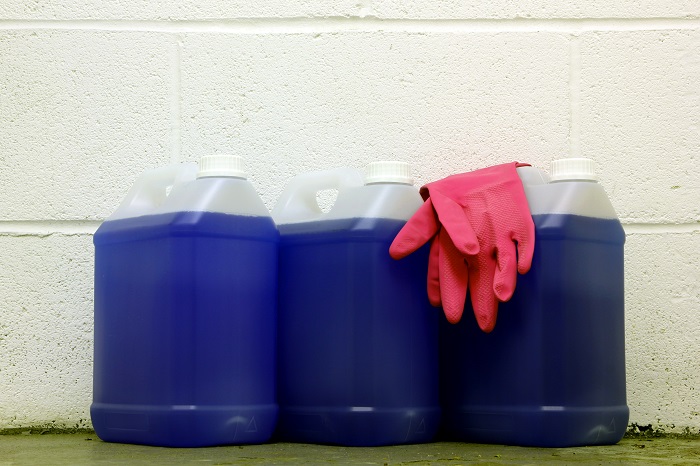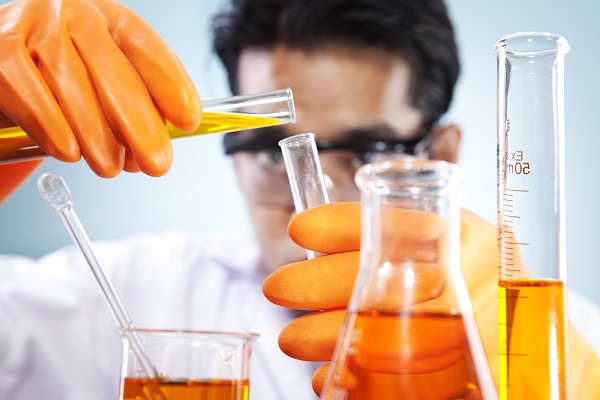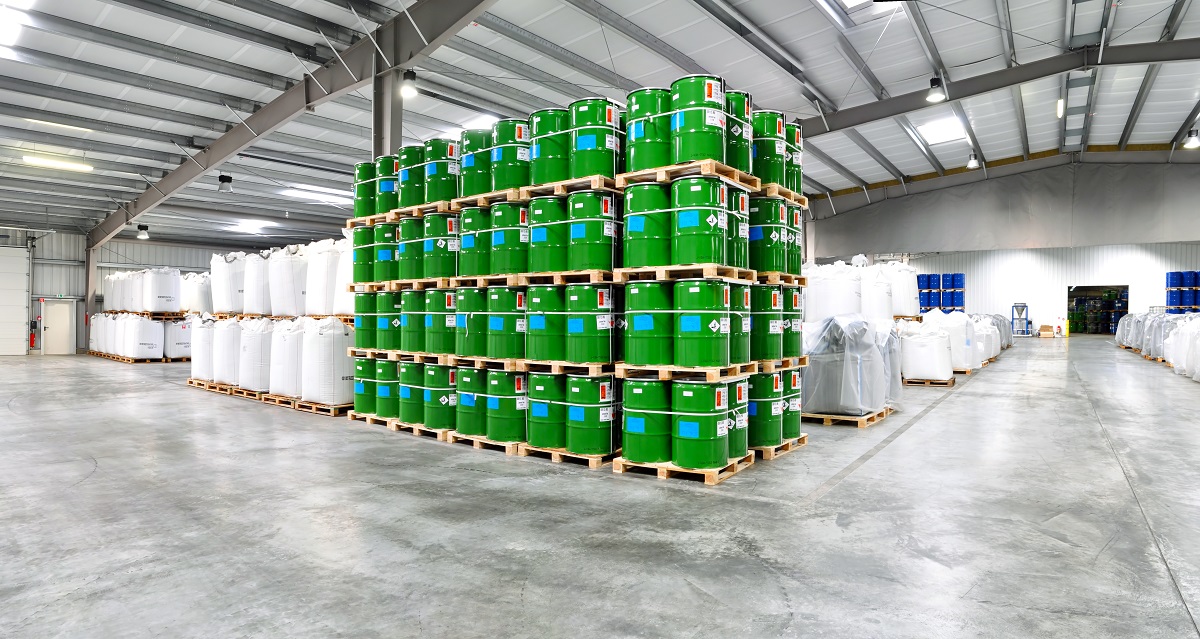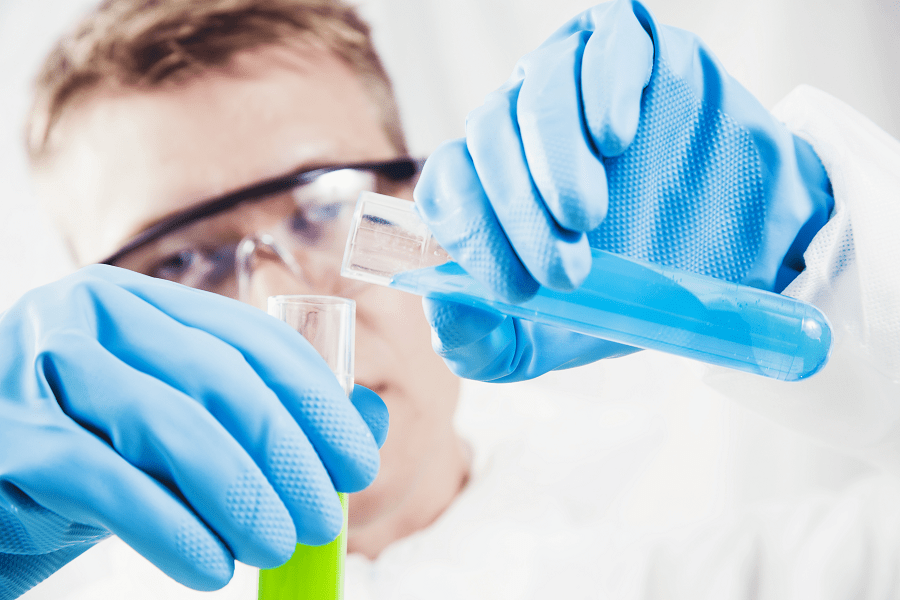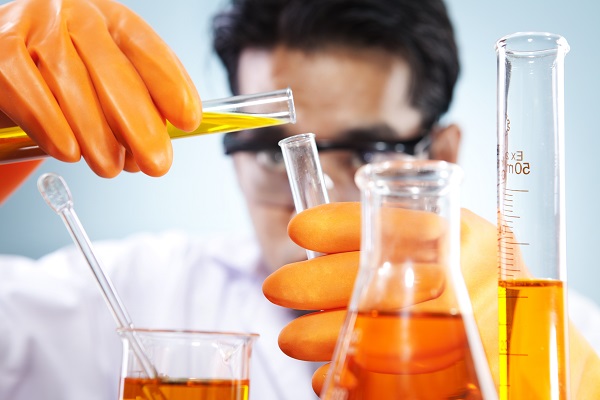Methylene chloride was once one of the main components in most paint removers. However, ever since November 2019, a ban was put in place by the...
Blog


CHEMICAL INDUSTRY NEWS
Chemical Chat – Discover What’s New!
What Are Cured Epoxy Resin Removers?
Epoxy resins are extremely versatile epoxide polymers used in several industries. But while these resins are frequently applied for various reasons,...
What Is an Epoxy Resin Remover?
Epoxy resins are generally used in various industries for their strong adhesive properties, chemical resistance, heat resistance, and versatility....
What Is Fouling?
Fouling refers to the buildup of solid matter in a water system, like scum on the surface of a pond, or rust on the...
What Are Cured Epoxy Resin Removers?
Epoxy resins are extremely versatile epoxide polymers used in several industries. But while these resins are...
Company News
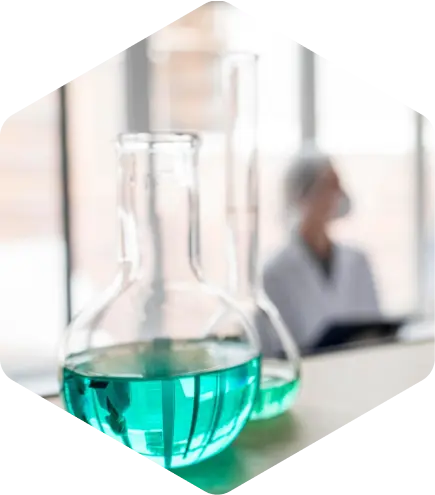
Managed Services
Discover the Latest in Safe and Sustainable Chemical Solutions
Stay informed with Ecolink’s blog! Subscribe now
Chemical Management Information
Stay updated with us
Sign Up for the Latest Updates
Stay informed about chemical supply chain disruptions and emerging innovations to keep your business at the forefront of efficiency and innovation. Uncover new ways to make your business practices more sustainable by incorporating safer products into your cleaning lineup.

















